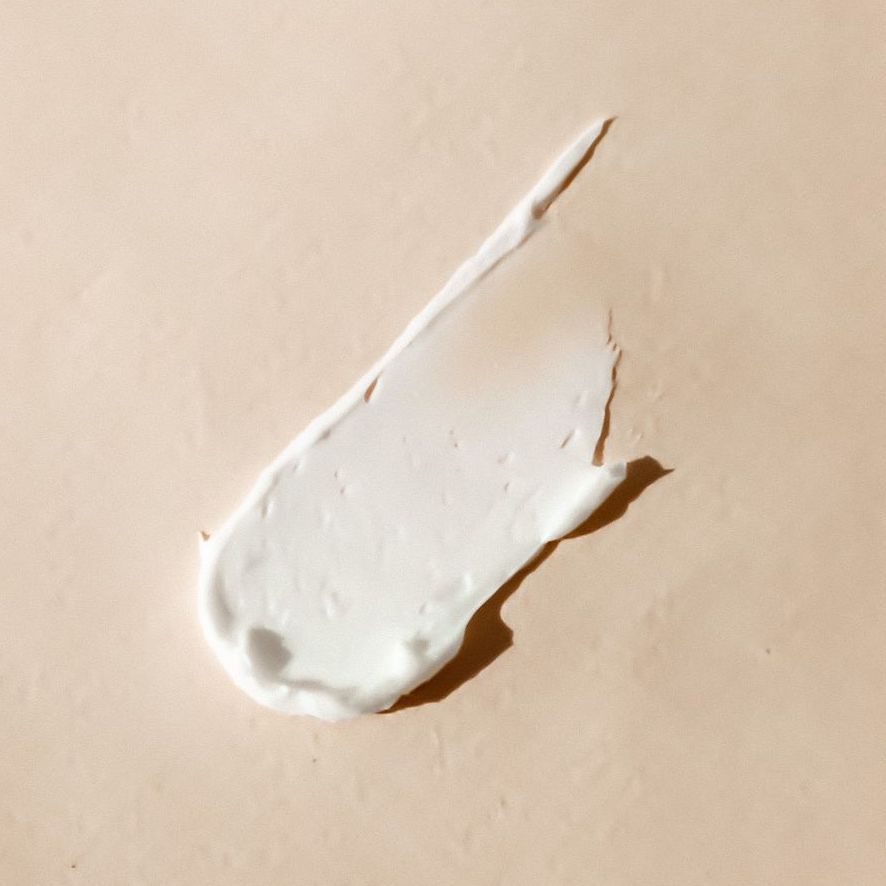Ah, the allure of Paris! The city of lights, love, and let’s not forget, some of the world’s most delectable pastries. As you stroll down the charming Parisian streets, the intoxicating aroma of freshly baked croissants, tarts, éclairs, cream puffs, and macarons can be almost irresistible.
But wait, before you indulge in these culinary masterpieces, you might be wondering: “Will feasting on these delicious pastries affect my skin?”
If you’re on a quest to maintain that radiant glow while succumbing to the temptations of French patisseries, then this blog post is for you. Let’s explore the relationship between indulging in these French delights and your skin’s health, so you can make informed choices on your next Parisian adventure.

Pastries and Skincare
Eating pastries in itself is not necessarily bad for the skin, but the ingredients and underlying factors associated with pastries can contribute to skin issues for some.
Pastries are often high in sugars, refined carbohydrates, and unhealthy fats. These components can lead to systemic inflammation, which may exacerbate skin conditions like acne or rosacea. The link between diet and skin health is complex and not entirely understood, but research suggests that high-glycemic foods (those that rapidly increase blood sugar levels) may trigger hormonal fluctuations and inflammation that can result in skin problems.
Pastries may also contain dairy products, and some research indicates that dairy might contribute to acne in people who are sensitive to it. This is not a universal effect, but those with lactose intolerance or sensitivity to dairy may notice an increase in skin issues when consuming these products.
Furthermore, if a person is prone to overeating pastries or consuming them in place of nutrient-dense foods, this could lead to nutritional deficiencies. A lack of essential nutrients like vitamins A, C, and E, as well as Omega-3 fatty acids, can affect the skin’s ability to heal and renew itself, leading to dull, dry, or irritated skin.
What foods are bad for the facial skin?
Certain foods have been linked to skin issues, although it’s essential to note that individual reactions can vary widely. Here’s a closer look at some categories of food that might negatively affect facial skin for some people:
- Sugary and High-Glycemic Foods: Foods high in sugar and refined carbohydrates can cause spikes in blood sugar levels, leading to inflammation and an increase in the production of sebum. This can exacerbate skin conditions like acne. Examples include white bread, pastries, sugary drinks, and candies.
- Dairy Products: Some research has suggested a link between dairy products and acne, particularly skim milk. The exact cause is still under investigation, but it may be related to hormones present in milk or a reaction to dairy proteins.
- Fried and Greasy Foods: Deep-fried and greasy foods are often high in unhealthy fats and trans fats. Consuming these in excess can lead to poor circulation and a lack of nourishment to the skin, resulting in a dull complexion or an increase in acne.
- Alcohol: Alcohol can dehydrate the skin, leading to dryness and inflammation. Over time, excessive alcohol consumption can damage the skin, causing redness and premature aging.
- Salty Foods: Foods high in salt can dehydrate the skin, leading to puffiness and dryness. This can emphasize fine lines and wrinkles, making the skin look older.
- Artificial Additives: Foods that contain artificial colors, flavors, and preservatives might trigger allergic reactions in some, leading to skin irritation or eczema.
- Red and Processed Meats: Some studies have linked the consumption of red and processed meats like charcuterie with cancer and aging skin. This connection might be due to the presence of nitrites and advanced glycation end products (AGEs), which can cause the skin to lose its elasticity and suppleness.
- Certain Seafood: Some seafood high in iodine, such as shellfish, can cause or worsen acne in folks who are sensitive to it.
- Caffeinated Beverages: In some people, excessive consumption of caffeinated beverages like coffee and soda might lead to dehydration and exacerbate skin issues.
It’s essential to recognize that these effects are not universal and can vary greatly depending on individual sensitivities, genetics, overall diet, lifestyle, and skin type. Eating a well-balanced diet rich in antioxidants, vitamins, and minerals and maintaining proper hydration can support overall skin health. Consulting with a healthcare provider or dermatologist to understand your specific skin needs and sensitivities can help you make the best dietary choices for your skin.
Support Your Skin Health While in France
A balanced diet rich in antioxidants, healthy fats, and whole foods can support overall skin health. Everyone’s skin is unique, and what affects one person may not affect another. If you notice a correlation between eating pastries and changes in your skin, consult with a healthcare provider or dermatologist who can offer personalized advice based on your needs and health conditions.
Alors, while eating pastries is not inherently bad for the skin, the specific ingredients and the way they are consumed can potentially contribute to skin issues for some people. Moderation while eating pastries in France and awareness of one’s own body’s reactions are key!



